Best books of 2017
Part five
Sat 26 Nov 2017
Paul Murray
First Love; A State of Freedom; Lincoln in the Bardo
Gwendoline Riley’s First Love (Granta) tells the story of a young woman in an abusive relationship. It goes to some dark places, but Riley’s prose is so electric, so alive with humour and insight and passion, that by the end you will want to stand up and cheer. A State of Freedom (Chatto & Windus) by Neel Mukherjee also shows people living at their limit; it’s a brave and frequently devastating novel whose themes of displacement and dehumanisation are all too timely. I read it six months ago but the part about the bear still gives me the shivers. Lincoln in the Bardo (Bloomsbury) was every bit as wonderful as I expected from the great George Saunders.
Emma Healey
Little Labours; You Will Know Me
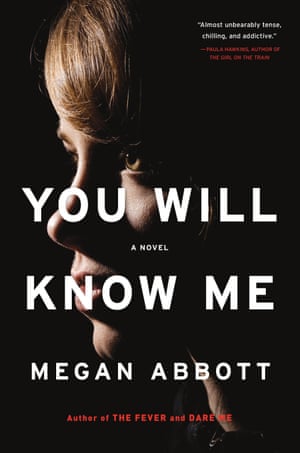
A friend gave me Little Labours (4th Estate) by Rivka Galchen after my daughter was born in June. It’s a funny, profound memoir that’s sort of about what it’s like to be a new mother, but is really about lots of other things including Japanese literature and the freedom to judge others. It’s also a very short book, written in brief, titled sections, and therefore ideal for sleep-deprived parents. I’m a huge fan of Megan Abbott and loved You Will Know Me (Picador) just as much as her previous explorations into the dark, disturbing, strangely heroic world of teenage girls. She’s the queen of the uncanny analogy (someone carves a ham, “pink as a newborn”) and knows just how to draw the reader into the characters’ dangerous, painful lives and how to make those lives mysterious. Her newest novel is intriguing and entertaining from the first page.
Helen Simpson
Go, Went, Gone; Midwinter Break; Conversations With Friends
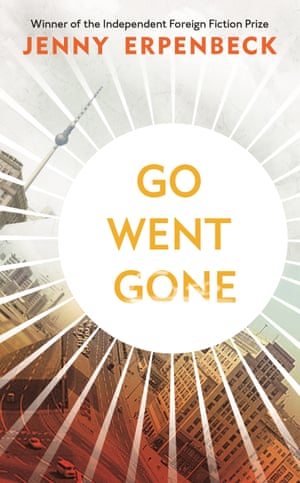
Jenny Erpenbeck’s Go, Went, Gone (a title catchier in the original, Gehen, Ging, Gegangen) (Granta) is a deeply thoughtful and involving novel about migrancy now. Retired ex-GDR classics professor Richard, himself unhoused by war in infancy, befriends a group of African refugees in Berlin: grippingly interrogatory fiction. Bernard MacLaverty’s Midwinter Break (Jonathan Cape) shows a five-decade marriage unspooling over a long weekend in Amsterdam; 26-year-old Sally Rooney’s Conversations With Friends (Faber) is a latterday Bonjour Tristesse: brave and touching love stories, both of them.
Curtis Sittenfeld
The History of the Future; The Rules Do Not Apply
There are two 2017 books of nonfiction that have really stayed with me. The History of the Future (Coffee House Press) by Edward McPherson is a collection of impressively researched yet conversational essays about environmental degradation, place and time. The Rules Do Not Apply (Little, Brown) by Ariel Levy is simultaneously the personal story of a dramatic miscarriage, a frank, powerful look at shifting gender roles and how we make a life for ourselves, and an inside glimpse into Levy’s work as a journalist for the New Yorker.
Taiye Selasi
Things That Happened Before the Earthquake; Always Another Country; Freshwater
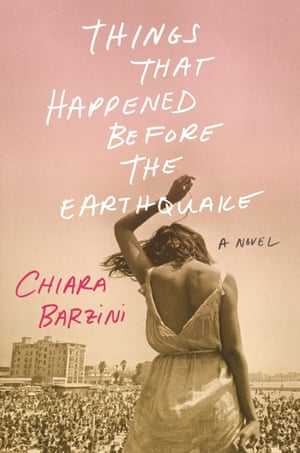
Chiara Barzini’s Things That Happened Before the Earthquake (Doubleday) strikes that rarest balance: a brilliant literary novel with all the effortless delights of a beach read. It’s a new-girl-in-town Bildungsroman that follows a precocious Italian teenager through 1990s Los Angeles. Sisonke Msimang’s Always Another Country (Jonathan Ball) is my favourite kind of memoir, so lyrical and dreamlike that it reads like a novel. It’s an artful meditation on exile and return, womanhood and motherhood unfolding against the backdrop of post-apartheid South African politics. Freshwater (Grove Atlantic) by Akwaeke Emezi is sheer perfection: sexy, sensual, spiritual, wise. One of the most dazzling debuts I’ve ever read. Ever since falling in love with Milan Kundera in secondary school, I’ve been obsessed with love triangles.
Katie Roiphe
Difficult Women; Transit; Forest Dark
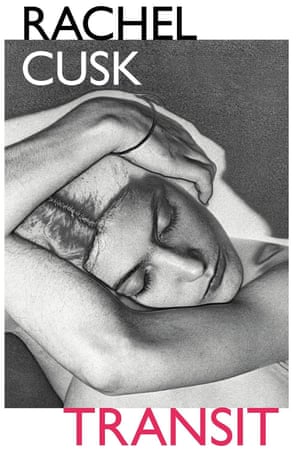
The first book I loved this year was the NYRB reissue of David Plante’s Difficult Women, an incredible first-hand account of his encounters with three prickly and charismatic women: Jean Rhys, Germaine Greer and Sonia Orwell. Another book that stands out is Rachel Cusk’s Transit (Vintage), part of her masterful trilogy about a woman in a moment of radical transition (a genre I generally love, which also includes Nicole Krauss’s excellent Forest Dark (Bloomsbury).
Marina Warner
A Chill in the Air; The Golden Legend; Lygia Pape: A Multitude of Forms
Iris Origo’s A Chill in the Air: An Italian War Diary 1939-1940 (Pushkin Press) unfolds from week to week the horrible confusion, fear and misery as Mussolini shouted and swaggered; her clear-eyed account reads with truly alarming timeliness. Nadeem Aslam interweaves rich, poetic symbols with stark political realities in The Golden Legend (Faber) and manages to keep up hope in the strength of love and imagination. The art of the Brazilian-born Lygia Pape was a revelation to me: potent, playful and sometimes sublime works (Lygia Pape: A Multitude of Forms, ed. Iria Candela et al, Metropolitan Museum of Art, New York).
Joe Dunthorne
The Evenings; Conversations With Friends
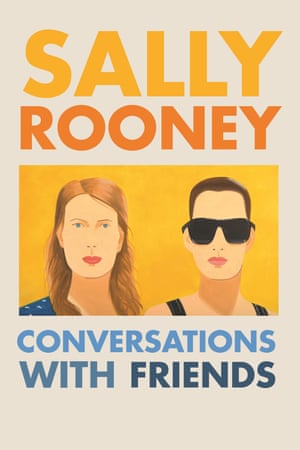
I loved The Evenings (Pushkin Press) by Gerard Reve, surely the funniest novel ever written about boredom. It’s a classic of Dutch literature – first published in 1947 – but has only just found its way into English. The translation by Sam Garrett is perfect. I also adored Conversations With Friends (Faber) by Sally Rooney; a witty, nuanced and perfectly observed novel of modern love and friendship.
John Gray
Six Minutes in May; My House of Sky
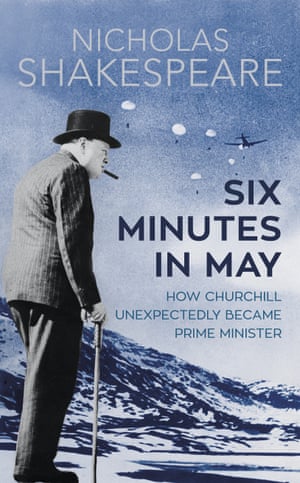
Using new evidence with a novelist’s feeling for personality and atmosphere, Nicholas Shakespeare’s Six Minutes in May: How Churchill Unexpectedly Became Prime Minister (Harvill Secker) tells how a military disaster, parliamentary intrigues, a hidden love affair and a six-minute meeting enabled Winston Churchill to come to power. Reading this unputdownable story, I was reminded how the fate of the world can turn on the fall of a leaf. I’ve been engrossed by My House of Sky: the Life of JA Baker (Little Toller Books) by Hetty Saunders. This definitive biography of the author of The Peregrine, Baker’s lyrical account of his 10-year struggle to see the world through the eyes of the falcon, is a pioneering study of a solitary British visionary who recorded his attempt to break open the doors of perception in prose of astonishing power and originality.
Rupert Thomson
First Love; Madame Zero; Night Sky with Exit Wounds
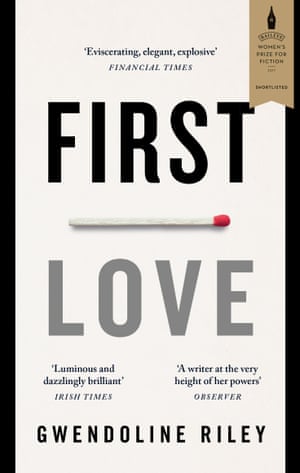
Gwendoline Riley is a writer who cuts right to the heart of things, and her fifth novel, First Love (Granta), is predictably raw, fierce and true. If you like your fiction reassuring, look elsewhere. Sarah Hall is another voice I love. Her new book of short stories, Madame Zero (Faber), is a showcase for her clean, vivid style and her surreal, often feral imagination. Ocean Vuong’s collection of poems, Night Sky With Exit Wounds (Jonathan Cape), startled me with its urgency and its relevance. An eerily sure-footed debut.



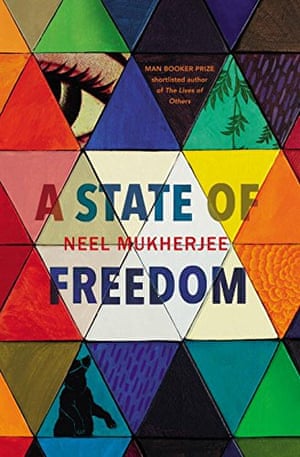



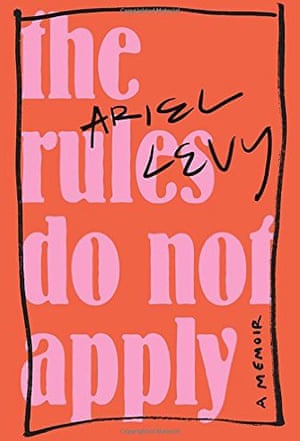
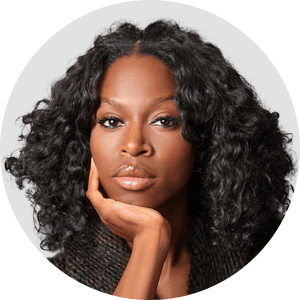


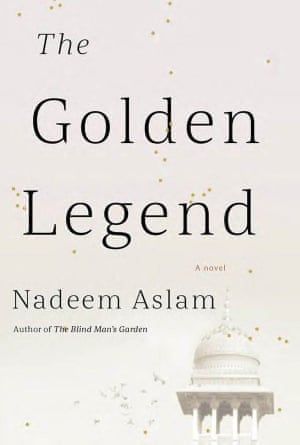




No comments:
Post a Comment